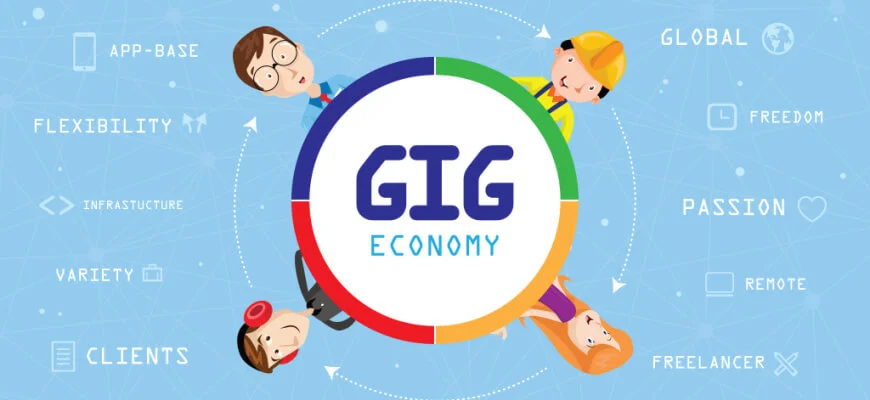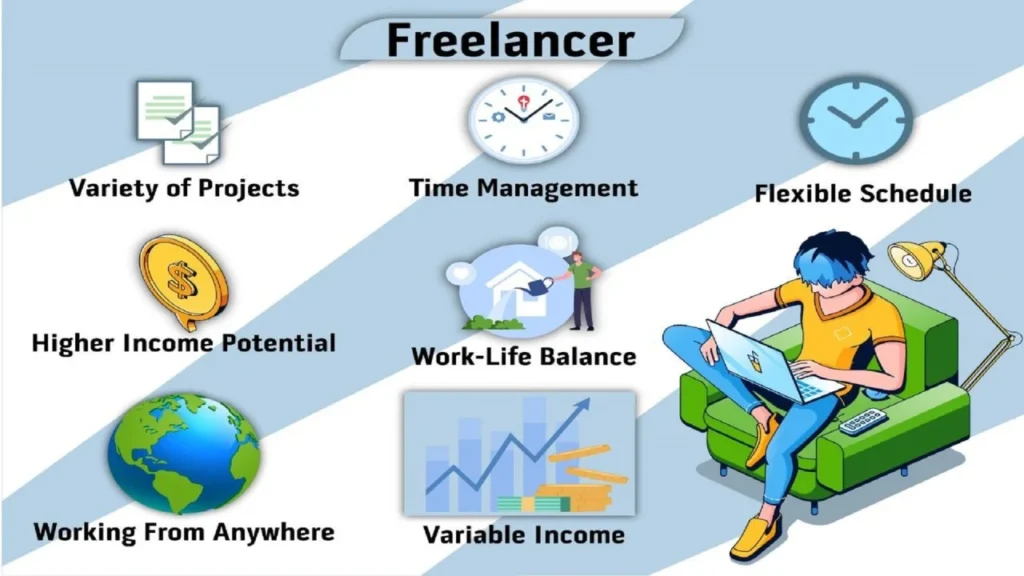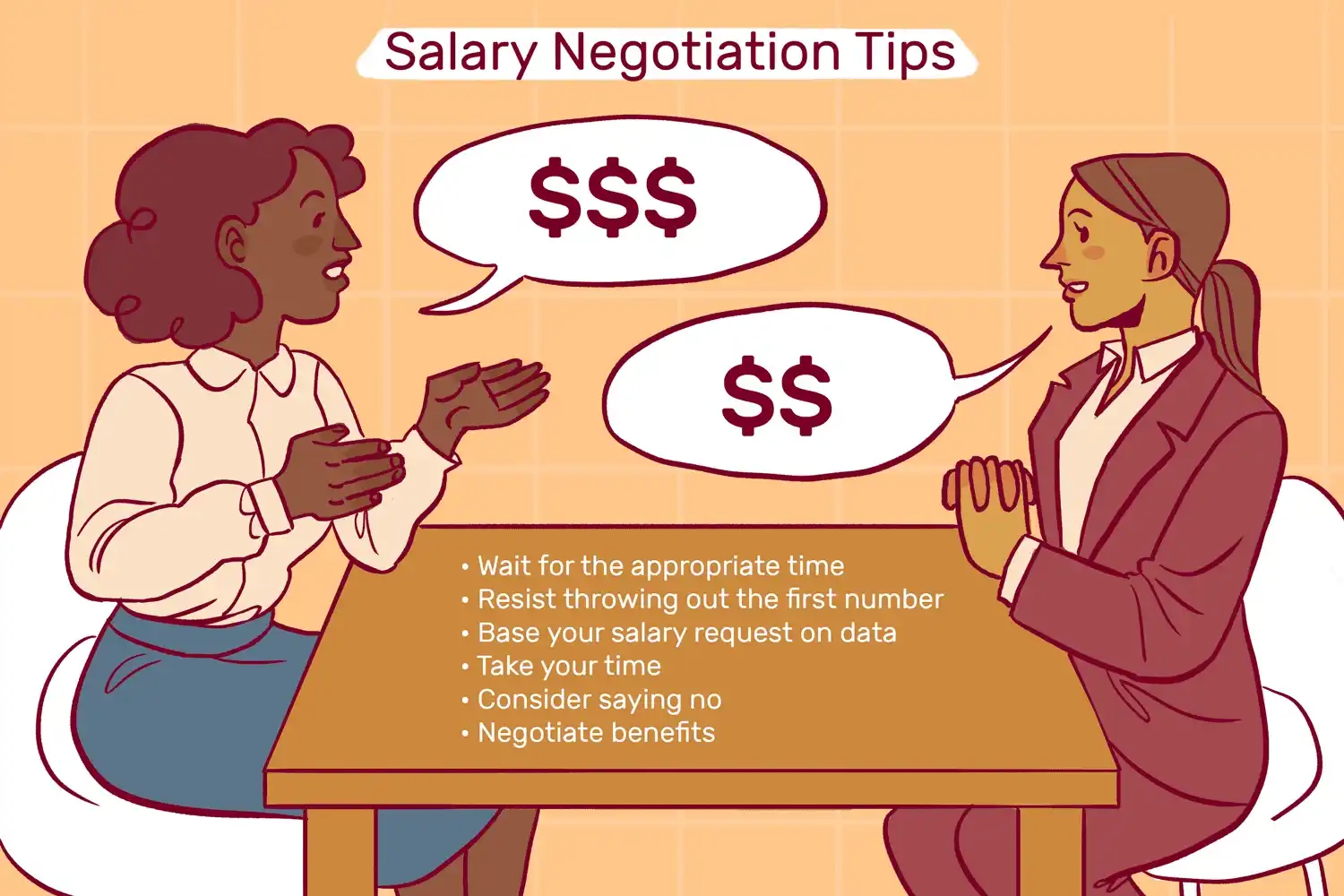Freelancing and gig economy opportunities: In today’s rapidly evolving job market, the traditional 9-to-5 career is no longer the only path to financial stability and professional fulfillment. The rise of the gig economy has ushered in a new era of work, offering unprecedented opportunities for individuals to utilize their skills and talents while maintaining autonomy and flexibility. In this article, we’ll delve into the world of freelancing and gig economy opportunities, exploring the benefits, challenges and strategies for success.
The Gig Economy:

The gig economy, often referred to as the freelance or on-demand economy, represents a seismic shift in the way we work. Instead of relying on traditional employment, individuals can now tap into a wide range of short-term contracts and projects. This shift is driven by technology, with platforms like Upwork, Fiverr, and TaskRabbit connecting freelancers with clients worldwide.
Benefits of Freelancing

A. Autonomy and flexibility
One of the most enticing aspects of freelancing is the freedom it provides. Freelancers have the ability to choose their projects, set their schedule and work from anywhere This flexibility allows for a better work-life balance, which is often elusive in traditional jobs.
b. Different income streams
Freelancers can diversify their income by working on multiple projects simultaneously. This not only increases their earning potential but also provides security once a project is completed.
c. Increase efficiency
Freelancing encourages continuous skill development. As freelancers tackle different projects, they gain expertise in different areas, making them more marketable in the long run.
d. personal growth
Freelancers often develop strong entrepreneurial skills. They learn to manage their finances, market their services, and manage client relationships, all of which contribute to personal growth and development.
Challenges of Freelancing
A. Income uncertainty
Although freelancers can earn substantial income, it can be unpredictable. Securing a steady flow of projects can be challenging, especially for beginners.
b. Self-employment tax
Freelancers are responsible for paying their own taxes, including self-employment tax. Tax management can be complicated and require financial discipline.
c. Lack of facilities
Freelancers typically do not receive employee benefits such as health insurance, paid vacation, or retirement plans. They have to plan and budget for these expenses themselves.
d. client dependency
Freelancers often rely on a handful of clients for their income. Losing a major client can be financially damaging.
Strategies for Freelancing Success

A. Creating a strong online presence
A well-rounded online portfolio and a professional LinkedIn profile can attract clients and set you apart from the competition.
b. Networking
Networking is crucial in the gig economy. Attend industry events, join online communities, and build relationships with potential clients and fellow freelancers.
c. specialization
Identify your niche and become an expert in it. Specialized freelancers often command higher rates and attract clients looking for specific skills.
d. time management
Effective time management is essential. Use productivity tools and techniques to stay organized and meet deadlines.
The future of freelancing
The gig economy is projected to continue its rapid growth. As more companies adopt remote work and flexible staffing models, the demand for freelancers is expected to increase. This trend presents a wealth of opportunities for individuals willing to adapt to the changing landscape of work.
The world of freelancing and gig economy opportunities is vast and promising. Although it comes with its share of challenges, the benefits of autonomy, flexibility, and potential for financial success make it an attractive career path. By adopting smart strategies, continuous learning and a proactive mindset, freelancers can thrive in this dynamic and ever-expanding landscape. So, whether you’re a seasoned professional or just starting your freelancing journey, take advantage of the opportunities the gig economy offers and pave your way to success.
Read Also: Resume writing tips and best practices
![]()






One thought on “Freelancing and gig economy opportunities”